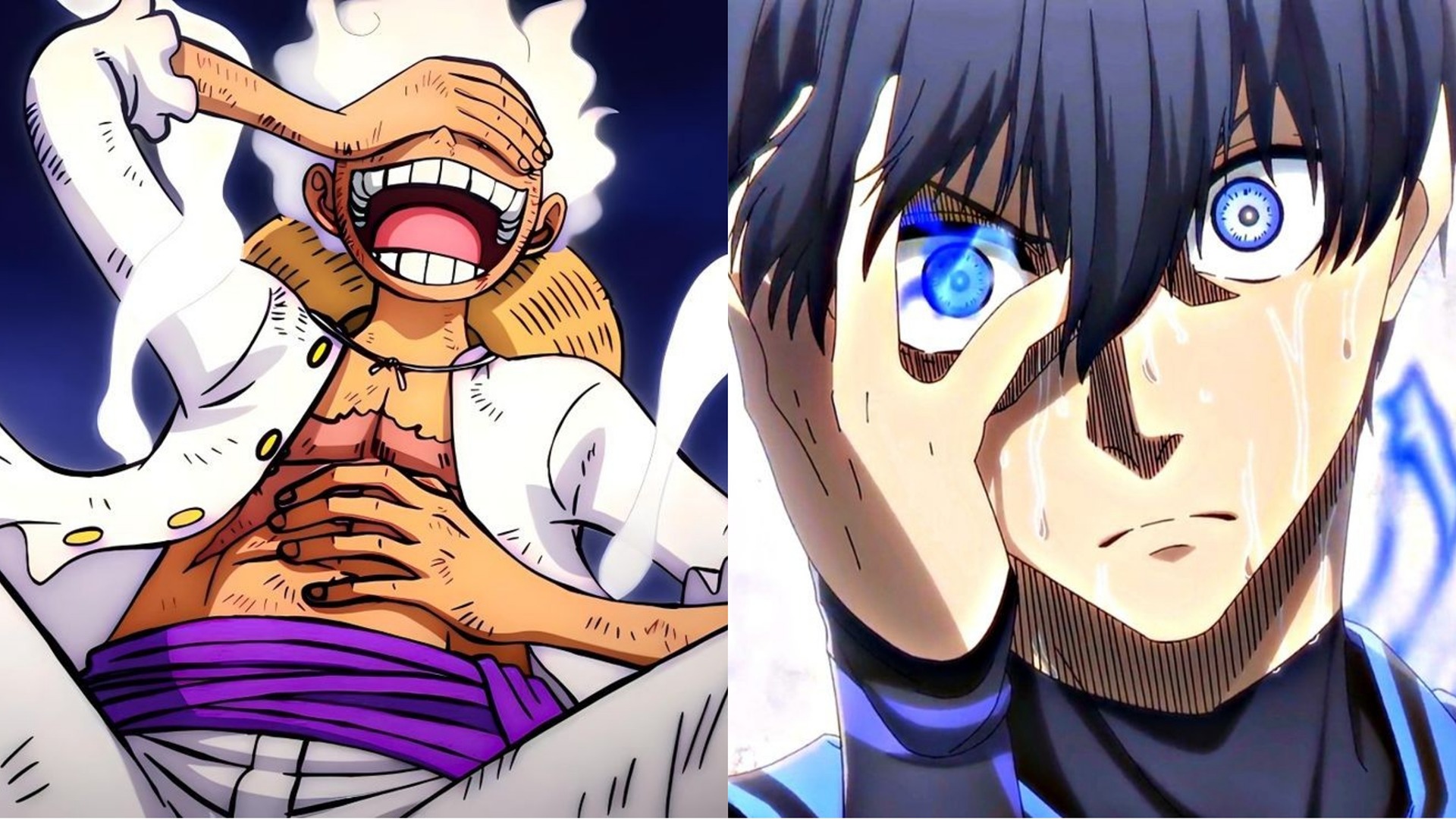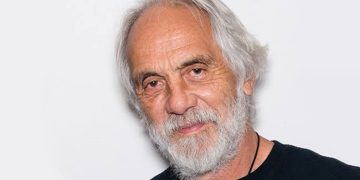A Texas politician’s outburst declaring “Anime is grooming our kids” has gone viral, setting off an internet war that pits supporters against vehement critics. The inflammatory speech, shared widely on social media, has ignited debates about the impact of anime on youth. Supporters applaud the remarks as a bold stand against what they view as dangerous cultural influence, while detractors warn it stokes fear without basis.
Critics argue the official’s comment shows a lack of understanding of anime’s diverse storytelling and cultural value. On platforms like Reddit and YouTube, users have launched extensive counter-arguments, emphasizing that anime is a rich art form enjoyed by all ages.
Opponents claim that such language is designed to incite moral panic and foster censorship, rather than protect children. The debate quickly morphed into a clash of ideologies, with hashtags and livestream discussions dominating the conversation.
Viral Texas Politician Speech Sparks Internet War

Supporters of the politician insist that modern media, including anime, should be scrutinized for content they say could negatively influence impressionable minds. They argue that the speech highlights necessary concerns about content regulation and parental guidance. Critics, however, counter that the sweeping generalization undermines creative freedom and demonizes a global art form enjoyed by millions.
The controversy has drawn attention from media outlets and cultural commentators nationwide. Several YouTube debates and Twitter threads have documented the clash, with some calling for boycotts of anime streaming services. Meanwhile, others encourage a more measured response, urging policymakers to engage with experts rather than resort to sensational claims.
As the heated online war rages, one thing is clear: the politician’s statement has become a flashpoint in the broader cultural discussion surrounding anime. Whether this controversy will lead to legislative changes or fade as an internet meme remains to be seen. For now, the clash underscores a deep divide in perceptions of media, youth, and free expression.




